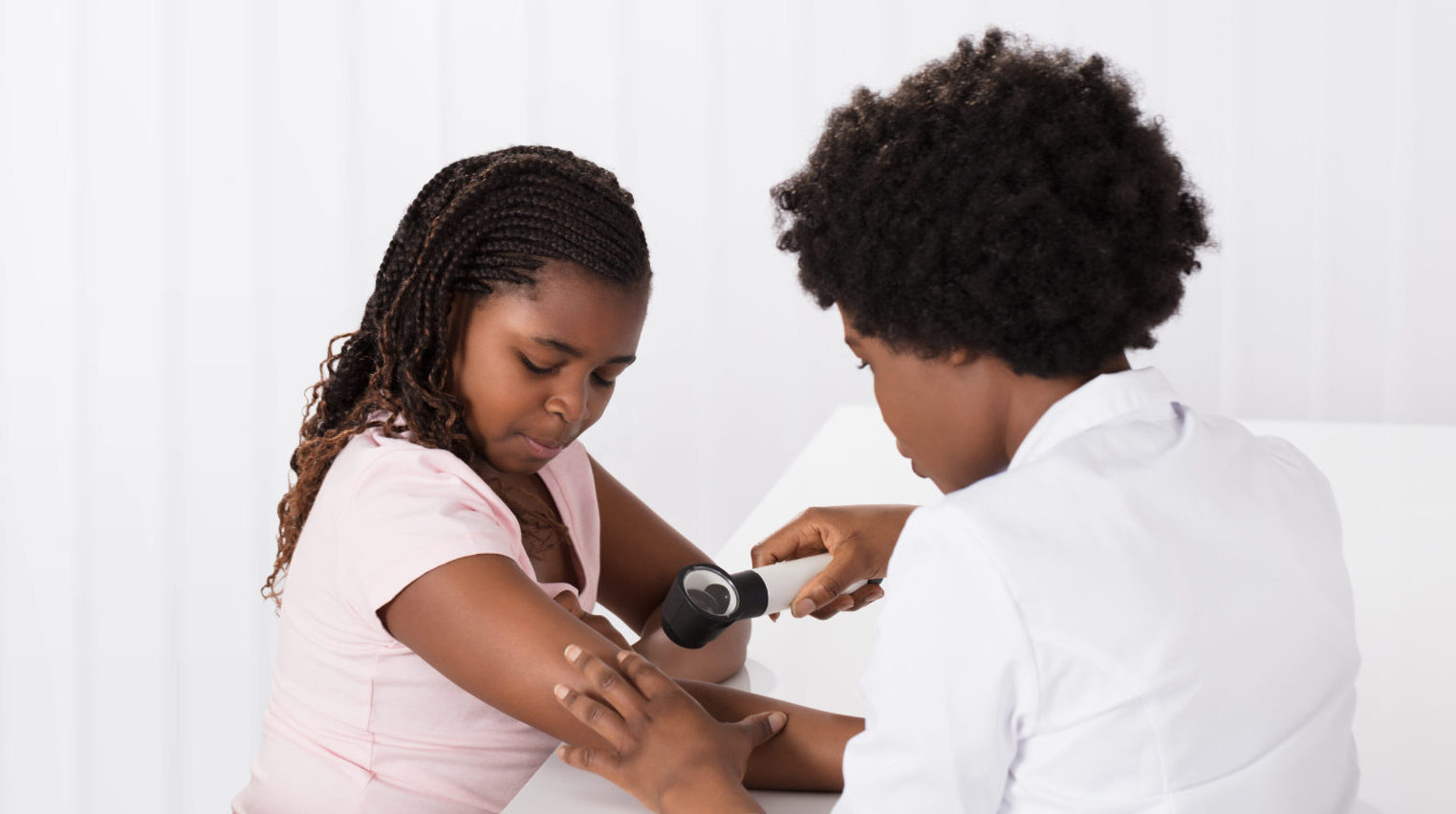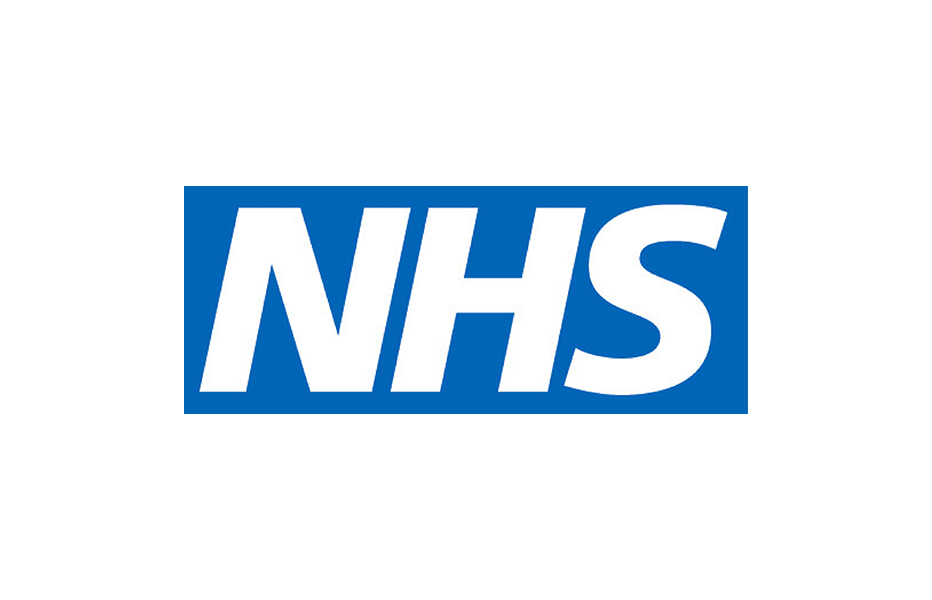We are not an emergency service and are not able to help if you are experiencing a mental health crisis.
You are not alone
How you can support yourself
Speak to a health professional
Make the first step by telling your doctor or a health professional. They will discuss treatment options with you. If you have been given antidepressants, remember that they take two or three weeks to start working, and then work gradually.
Access self-help resource
Please use any self-help information your practitioner has provided you with
Speak to someone
Try talking to your friends, family, or a colleague can support you. Try to avoid long periods of time on your own, especially if you just sit and dwell on things.
Stay active
Plan your day and set small, easy to achieve tasks. This will keep you occupied and give a sense of achievement. Try to distract yourself by phoning a friend, going out, reading a magazine, etc.
Prioritise physical wellbeing
You must try and eat, at best little and often, and try to drink up to two litres of water each day. Exercise can make you feel better, at least 30 mins a day.
Avoid depressants
Avoid alcohol and non-prescription drugs. Get someone to help you clear out old medicines and anything harmful when you find yourself dwelling on your thoughts.
NHS Talking Therapies
It is common for people experiencing emotional distress to have thoughts of harming themselves or that they would be better off dead. If you are feeling concerned about your safety, it’s important that you tell someone – you don’t need to struggle alone. Please do speak with your Talking Therapies practitioner, course facilitator or make an appointment with your GP.
During your assessment and treatment with our service you will be asked regularly about your safety and also be asked to complete a questionnaire (PHQ9) prior to each appointment. If you have scored 1 or more on question 9 of the questionnaire, this may indicate that you need more support.
We have a duty of care to keep people safe. This is a duty we share with patients and GPs. To share this duty, it is important that we keep GPs updated. Therefore, we inform GPs where we have concerns about a patient’s safety.
Self-refer
If you are suffering from anxiety, depression, post-traumatic stress disorder, low mood or excessive worry, NHS Talking Therapies can provide you with advice, guidance and support.

















